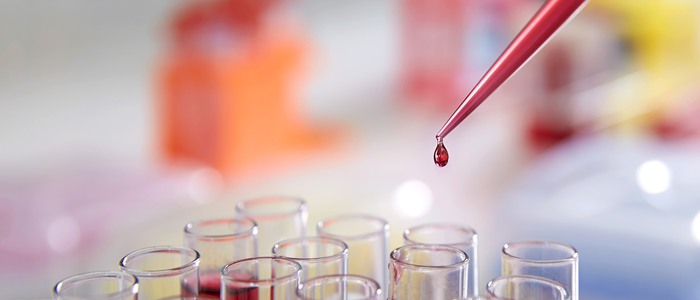Show more about the programmeShow less about the programme
Constituent courses in the study programme
On the two-year master’s programme in Infection Biology, you will learn about the molecular mechanisms and processes involved in the pathogenesis of various microorganisms, as well as the molecular and cellular process of immune defence. You will study the structure of genes and proteins, as well as our understanding of their function and regulation. The initial focus will be on advanced courses in molecular biology, bioinformatics, biostatistics and infection biology. Independent, extensive laboratory work is an important part of these studies. Techniques such as qPCR, cloning, cell cultivation and protein expression are used alongside computer-based molecular biology and bioinformatics tools to analyse DNA, RNA and proteins. You will then continue with advanced courses in systems biology, expression analysis, multivariate analysis, next generation sequencing (NGS) and infection biology.
Your studies will conclude with a master’s degree project (45 credits) carried out at a business or an educational institution, either in Sweden or abroad. You will apply your new knowledge during your degree project, working independently to solve topical, relevant research problems within systems biology.
The main focus of the programme is on the analysis of experimental biological data.
All teaching is conducted in English.
Opportunities for international studies
You will have the opportunity to carry out part of your degree project abroad.
Career opportunities
You will be able to work within fields such as microbiology, cell biology, molecular biology and infection biology. There are many potential workplaces, both within Sweden and internationally. Examples include analytical and pharmaceutical companies, healthcare, and research laboratories within the public and private sectors.
Opportunities for further studies
Many of our former students have continued with third-cycle education.
Research within this field
You can find out more at the Systems Biology Research Centre.


